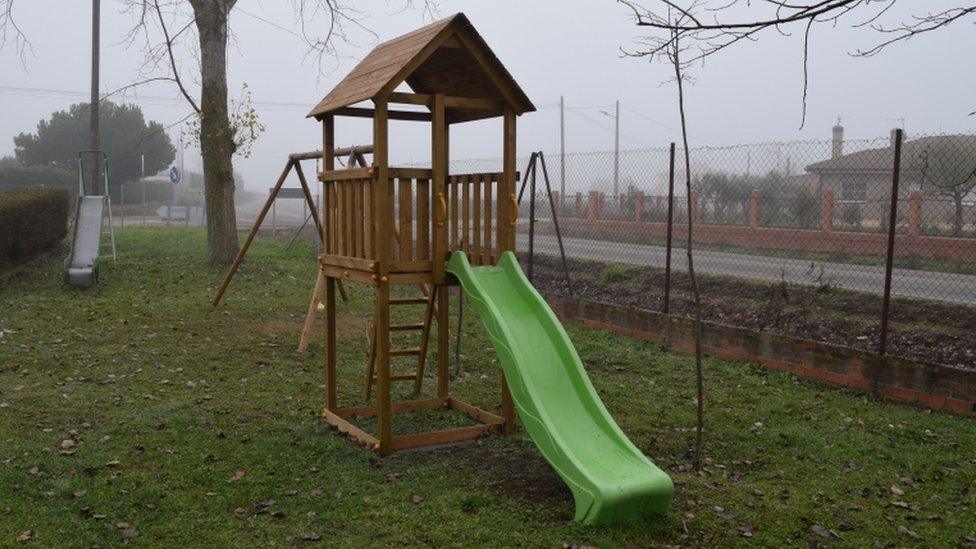Spanish PM Rajoy's rival picks corruption fight
- Published
Mariano Rajoy (R) was visibly irate as he rejected allegations of corruption
Prime Minister Mariano Rajoy finally made his major entrance into Spain's election campaign on Monday night, in a stormy, live TV debate against Socialist (PSOE) opposition leader Pedro Sanchez.
Mr Sanchez accused him of being unfit to govern because of a succession of corruption scandals that have hit the ruling Popular Party (PP). The prime minister hit back, accusing his rival of making contemptible allegations.
Mr Rajoy's centre-right party may soon be ruing a case of too little, too late for the 20 December vote, in terms of its election campaign, as well as Spain's economic indicators. Opinion polls suggest it is set to win, although falling well short of the absolute majority it currently enjoys.
The prime minister had argued he was too busy nursing the country out of its deep economic crisis to take part in the two previous TV debates.
He left the stage to Pedro Sanchez and the leaders of two rising parties, which are about to make forming a majority a very complicated business in the new parliament. Pablo Iglesias heads the left-wing Podemos party, while Albert Rivera leads the centrist Ciudadanos (Citizens).

Vying for power in Spain
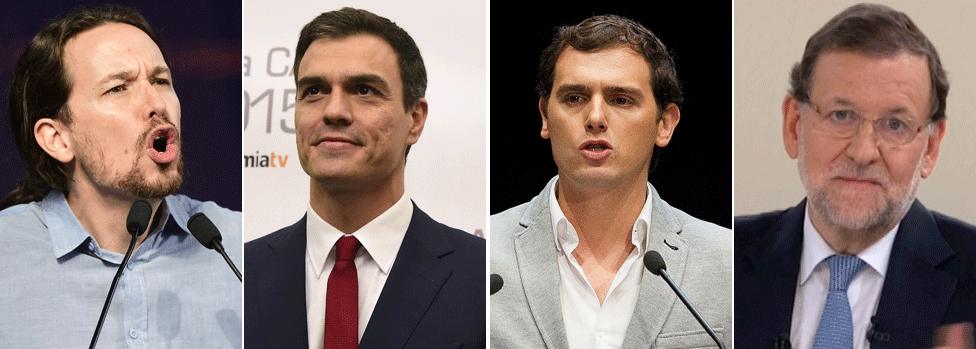
From L to R: Pablo Iglesias of Podemos, Socialist leader Pedro Sanchez, Albert Rivera of Citizens and PP leader Mariano Rajoy

Mr Rajoy's argument would have convinced few Spaniards who had heard him on the COPE radio station discussing football with sports journalists and his son, in the week before the campaign got under way.
Albert Rivera and Pablo Iglesias have made hay out of corruption allegations surrounding the PP, and the Podemos leader was judged to have won last week's TV debate.
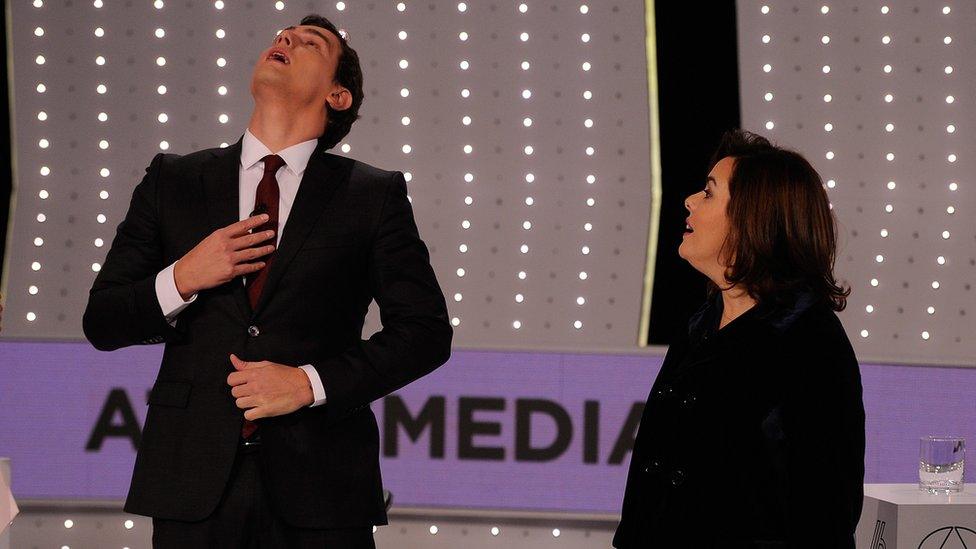
Mr Rajoy left it to his party's vice president (R) to debate with other party leaders including Albert Rivera (L)
The Citizens leader said the prime minister had sent his deputy out to bat because he had been tarnished by the Luis Barcenas scandal, referring to a judicial investigation into the former PP treasurer and an alleged slush fund worth tens of millions of euros in Swiss bank accounts.
Mr Rajoy said on Monday night that his government had taken difficult decisions and was now creating half a million jobs a year, to bring unemployment back to the same 21% level as it was at four years ago.
But the PP is heading for a huge loss in support on Sunday, even though it may still run out as a narrow winner over its rivals.
According to Monday's final Metroscopia poll for the El Pais newspaper, the PP is set to win 25%, down from its 45% haul in 2011.
Pedro Sanchez was elected as new leader by party members last year, but support for the Socialists is expected to fall from its worst electoral showing last time of 29% to just 21% on Sunday.
In the final TV debate he acted like a man with little or nothing to lose.
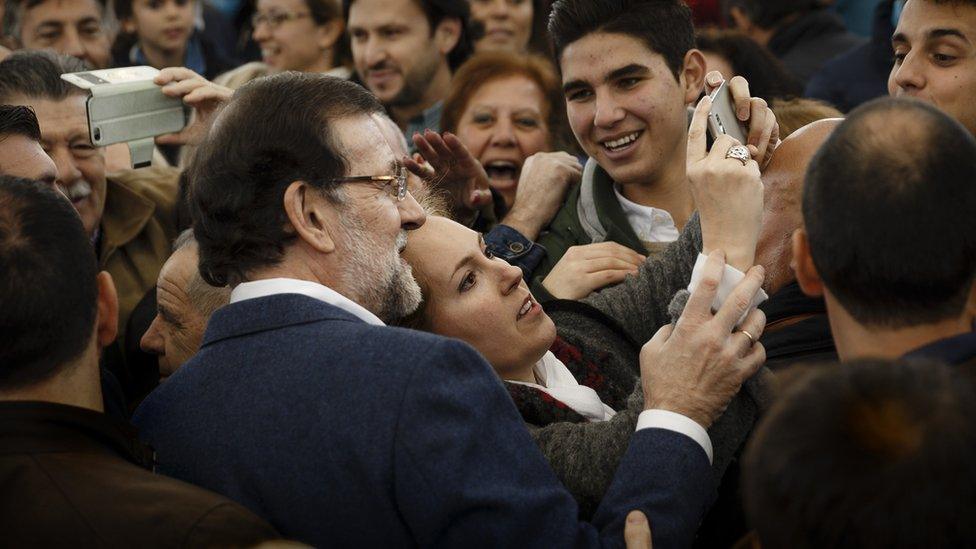
Mr Rajoy's Popular Party is widely expected to win the vote but lose its absolute majority
"If you continue as prime minister, the cost for democracy is enormous. You are not a decent politician", the Socialist leader told Mr Rajoy.
A visibly irate prime minister condemned his accusations as "contemptible and mean-spirited", pointing to recent reforms aimed at combating political corruption as well as Spain's first transparency law.
With Podemos and Citizens expected to pick up 19% and 18% of the vote respectively, and Pedro Sanchez publicly ruling out a grand coalition with the PP, any parliamentary majority will require a complex set of political deals to be struck.
Citizens lent its support to governments from both left and right after regional elections in May, while Podemos and the Socialists are themselves co-operating in some places.
But both new parties will demand significant anti-corruption measures from any future suitor.

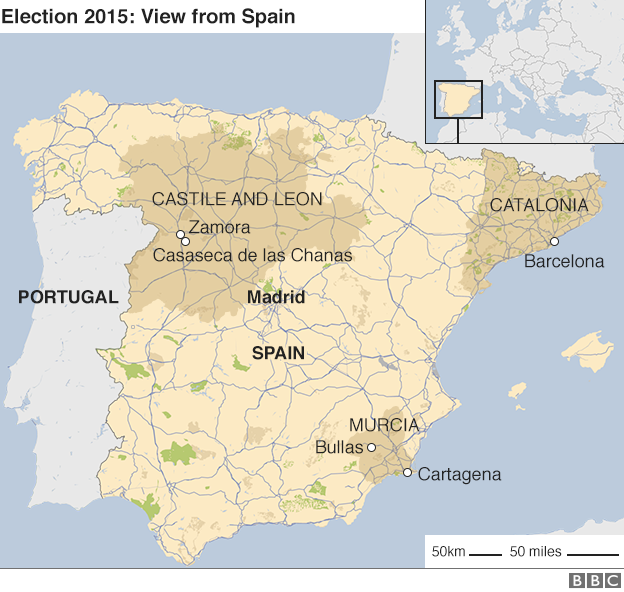
Housing row in Catalonia: Taking back Barcelona's apartments
The vanishing rural population in Castile and Leon: Resisting change in a dying village
Education in Murcia: Spain's voters call for shake-up in classroom

- Published4 December 2015
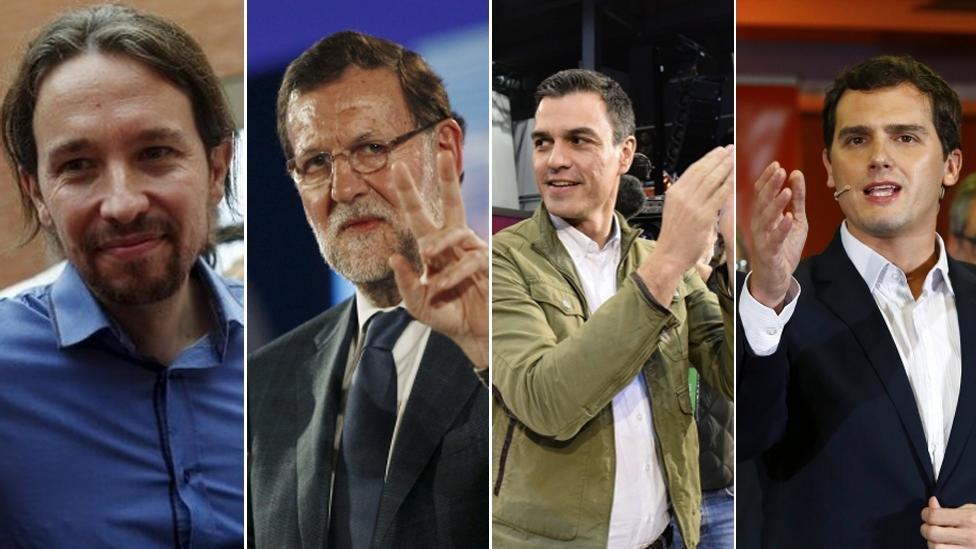
- Published12 December 2015
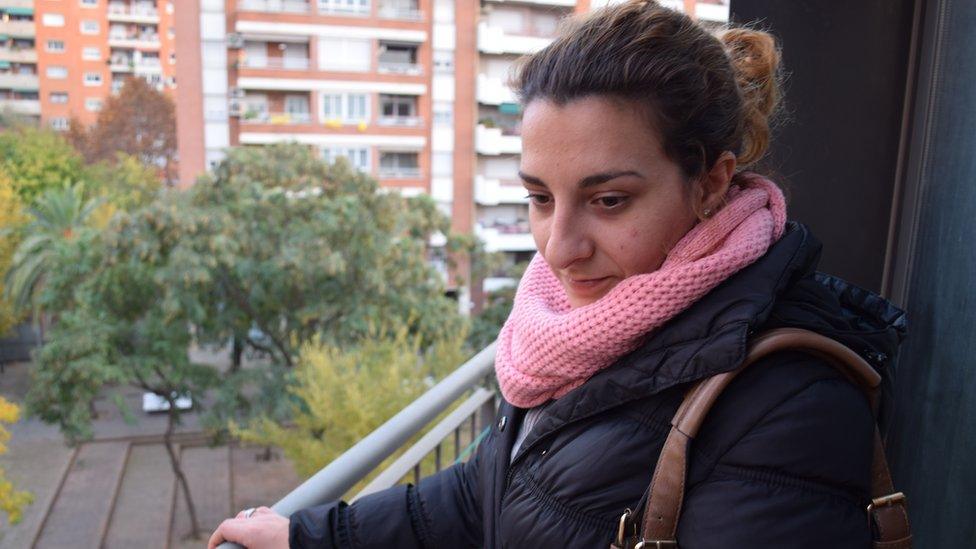
- Published8 December 2015
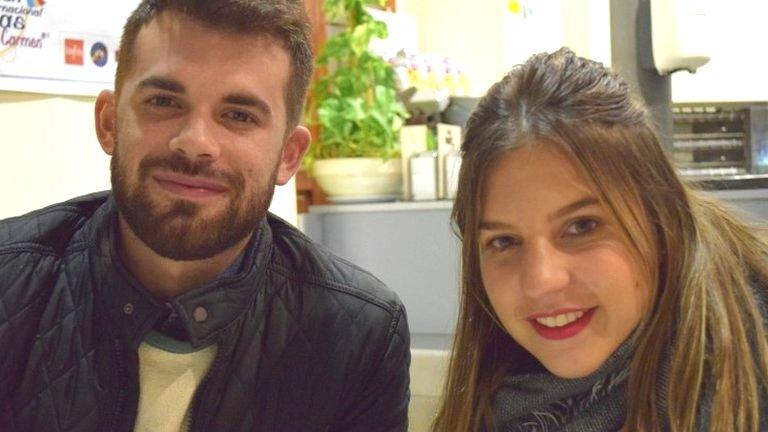
- Published10 December 2015
